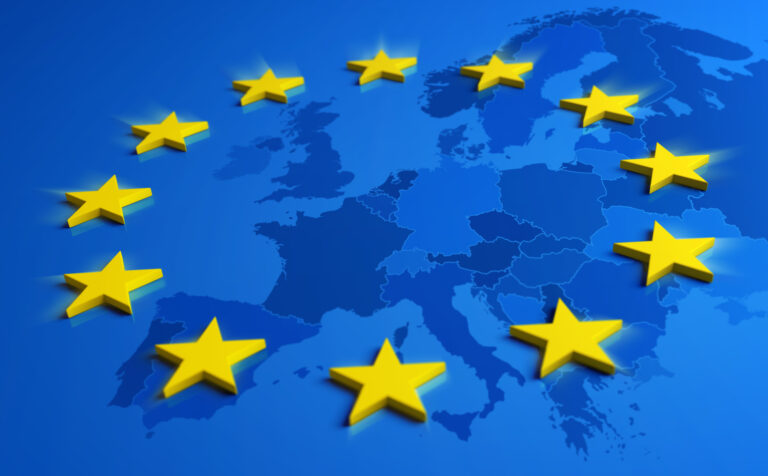No products in the cart. Add Products
Add to favorites:
Favorite
Share:
Digital Solutions for Autonomy in Space Transportation Systems
This funding call under Horizon Europe aims to advance digital solutions for autonomous space transportation systems, contributing to the European Partnership on Globally Competitive Space Systems. The focus is on the development of eco-design software, digital tools, and disruptive technologies to enhance system monitoring, sustainability, and competitiveness in space missions. Key objectives include improving transportation system autonomy, reducing costs, and integrating advanced life-cycle and environmental models into mission design and manufacturing.
Proposals should promote collaboration between academia, SMEs, and industry, ensuring quick commercialization of innovations. They must also demonstrate synergy with existing European technologies and complement national and European Space Agency (ESA) activities. Eligible proposals must address EU independence by utilizing European technologies and ensuring the protection of strategic assets and intellectual property.
Projects are expected to achieve a Technology Readiness Level (TRL) of 4-5 by completion, supporting advancements in mission optimization, high-speed onboard processing, and artificial intelligence algorithms for data handling. The call aims to foster sustainability and competitiveness in space transportation systems, positioning Europe as a leader in global space innovation.
Opening: 03 Jun 2025
Deadline(s): 13 Nov 2025
Data provided by Sciencebusiness.net
This funding opportunity represents a pre-agreed draft that has not yet been officially approved by the European Commission. The final, approved version is expected to be published in the first quarter of 2025. This draft is provided for informational purposes and may be used to preliminarily form consortia and develop project ideas, but it is offered without any guarantees or warranties.
Expected Outcome
- Improved autonomy and sustainability of space transportation systems
- Reduced costs and enhanced system efficiency
- Integration of advanced environmental and life-cycle models
- Strengthened European technological independence
- Contributions to global space-based services and applications
Scope
- Development of eco-design software tools
- Advancement of digital and autonomous space technologies
- Strengthening European competitiveness in space innovation
- Enhancing system monitoring and mission optimization
- Promoting collaboration across academia, SMEs, and industry
Ask our experts about this call
Connect with the Listing Owner!

Related Funding and Finance Opportunities
Unlock Exclusive Funding Opportunities!

Upgrade to Premium now and never miss an important opportunity again! Already a premium member? Log in here to explore your matches.

